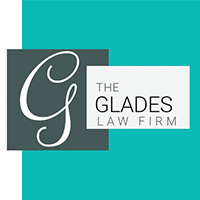 Asbury Misdemeanor Lawyers, Missouri
Asbury Misdemeanor Lawyers, Missouri
Not enough matches for Asbury Misdemeanor lawyer.
Below are all Asbury Criminal lawyers.
Sponsored Lawyers
1-9 of 9 matches
1120 SE Murphy Blvd
Joplin, MO 64801
Accident & Injury, Divorce & Family Law, Criminal
Our experienced legal staff is dedicated to helping you with the following legal matters: Family Law Criminal Defense Personal Injury
(more)
Foreclosure, Health Care Other, Divorce & Family Law, Juvenile Law, Bankruptcy & Debt
Education, Traffic, Motor Vehicle, Criminal
Traffic, Criminal, Constitutional Law, Civil & Human Rights





